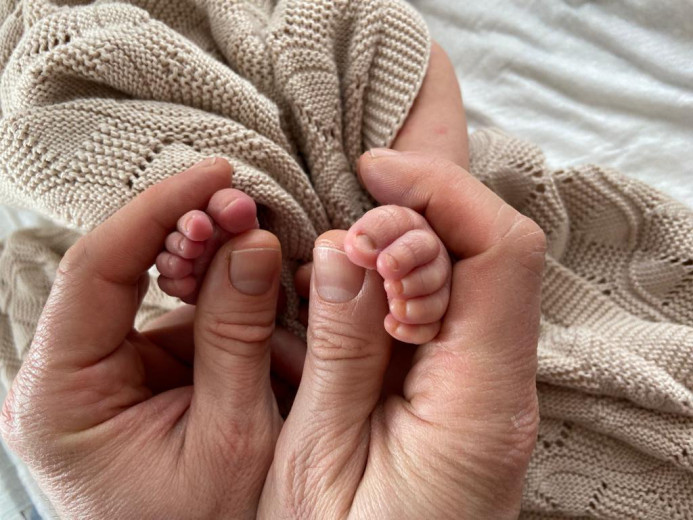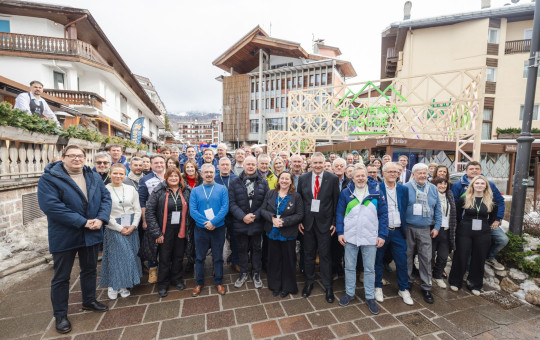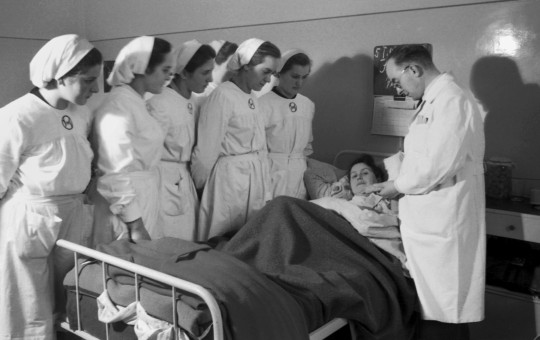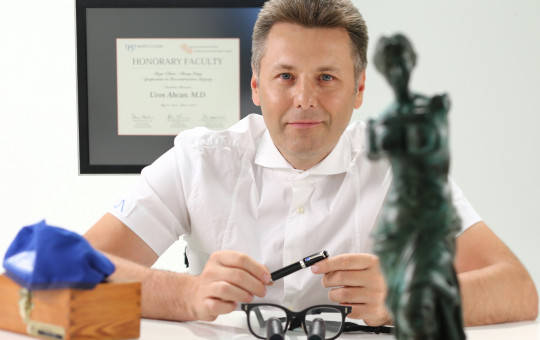Date: 12. December 2023
Time to read: 3 min
On 6 December, the UNESCO Intergovernmental Committee for the Safeguarding of the Intangible Cultural Heritage confirmed the inscription of midwifery on the Representative List of the Intangible Cultural Heritage of Humanity. With this inscription, UNESCO has recognised midwifery as an important human activity, based on knowledge of the human body and natural and cultural factors, which promotes the well-being of women, babies, children and families.
Loving care for a woman
This year's nomination, entitled Midwifery: knowledge, skills and practices, has been prepared by midwives' associations from eight countries, in collaboration with ministries and experts in the fields of culture and public health.
The essence of midwifery is the loving care of a woman while she is expecting and giving birth. Midwifery knowledge is the result of a balanced tradition of midwifery care, modern scientific knowledge and the reflective experience that midwives gain in childbirth. From a public health perspective, we see advanced midwifery as an important factor in health promotion and an opportunity to empower women as mothers, contributing to the well-being of society as a whole.
In a statement after the nomination, Colombian midwife Liceth Quinones said that midwives from the eight countries that participated in this nomination have taken the first step to include midwifery knowledge in the immense cultural heritage of the planet, firmly believing that this cultural element is a necessary practice to ensure the well-being of different communities.
-
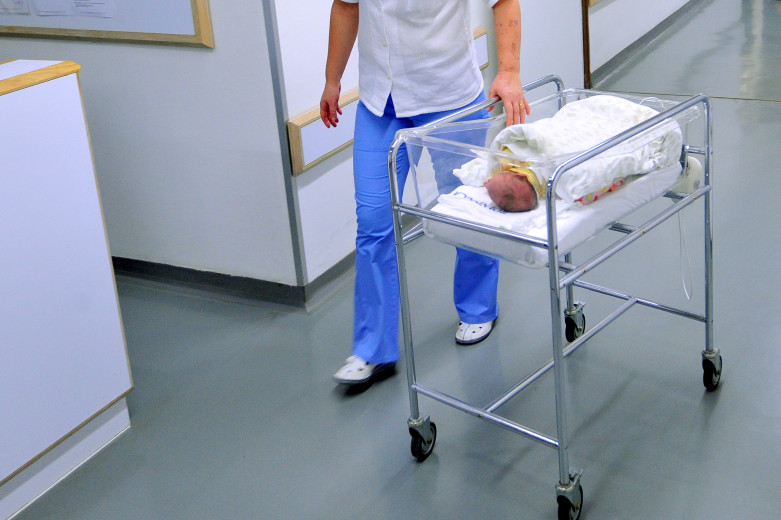 In addition to medical and anatomical knowledge, midwives rely on their senses and the power of observation. Photo: Tamino Petelinšek/STA
In addition to medical and anatomical knowledge, midwives rely on their senses and the power of observation. Photo: Tamino Petelinšek/STA
-
 Grandmothers are the main promoters and practitioners, often grouped together in groups or associations, and have encouraged the inscription of this intangible heritage. Photo: Rosana Rijavec/STA
Grandmothers are the main promoters and practitioners, often grouped together in groups or associations, and have encouraged the inscription of this intangible heritage. Photo: Rosana Rijavec/STA
270 years of midwifery education in Slovenia
The year 2023 is very important for midwifery as it marks 270 years of midwifery education in Slovenia. The cultural impact of midwifery goes back even further in history, as midwives have always been closely involved in every community, providing irreplaceable support to women, children, families and society as a whole. In doing so, they have always developed the skills to provide the most professional, high-quality and safe midwifery care, thus establishing a unique heritage of knowledge and skills that has today received important recognition by UNESCO," said Saša Matko, President of the Nurses and Midwives Section of the Chamber of Nurses and Midwives of the Slovenian Federation of Women's Associations, in her written response.
The path of midwifery education began in 1753 with the establishment of the Midwifery School in Ljubljana on the initiative of the Austrian Empress Maria Theresa. The father of Slovenian obstetrics is considered to be Anton Makovec, who signed the first obstetric textbook in the Slovenian language and also wrote a textbook entitled Všegarske bukve za midice na zeme (All-round booklets for midwives in the country).
Midwifery is the seventh element from Slovenia to be inscribed on UNESCO's representative list. Last year, the tradition of breeding Lipizzaners and beekeeping in Slovenia were added to the list. The list also includes the Škofjeloški pasijon, kurents' rounds, lace-making in Slovenia and the skills, knowledge and techniques of dry-wall construction.

